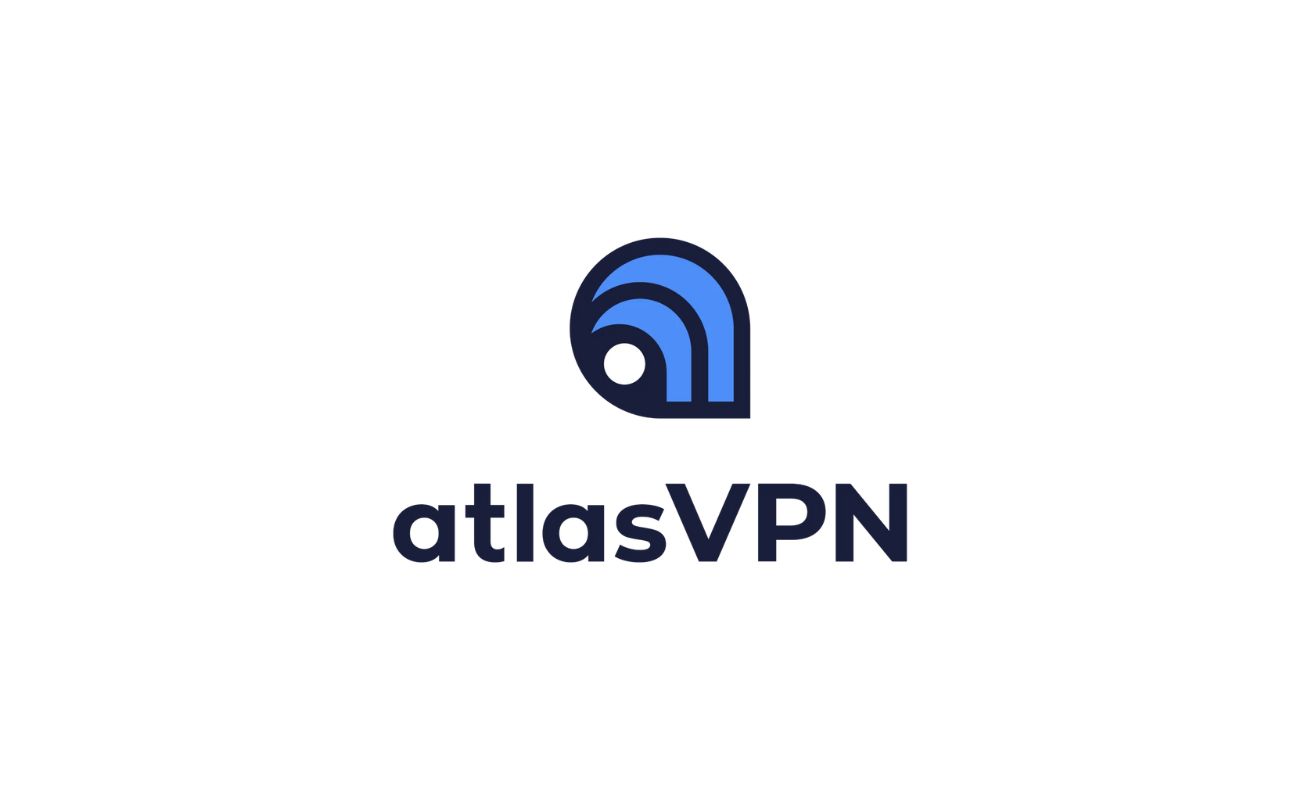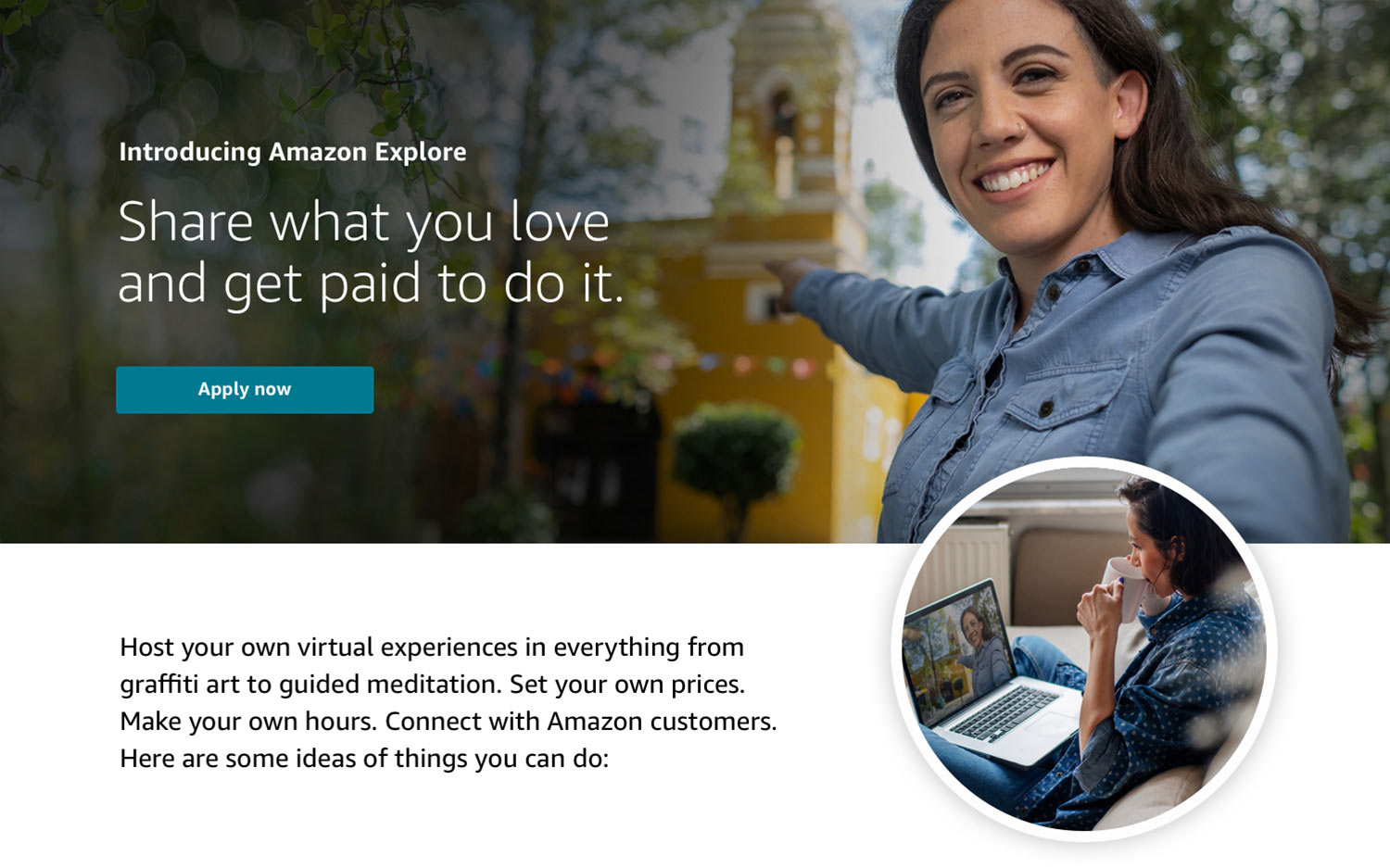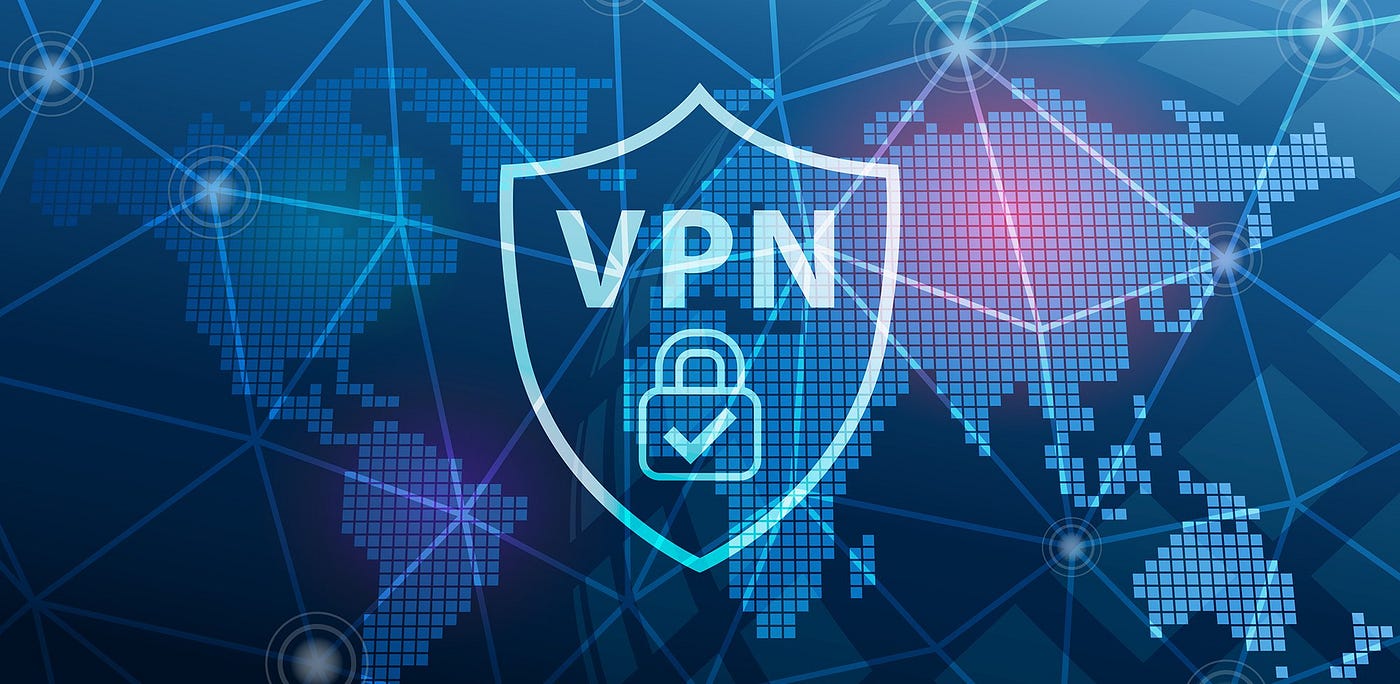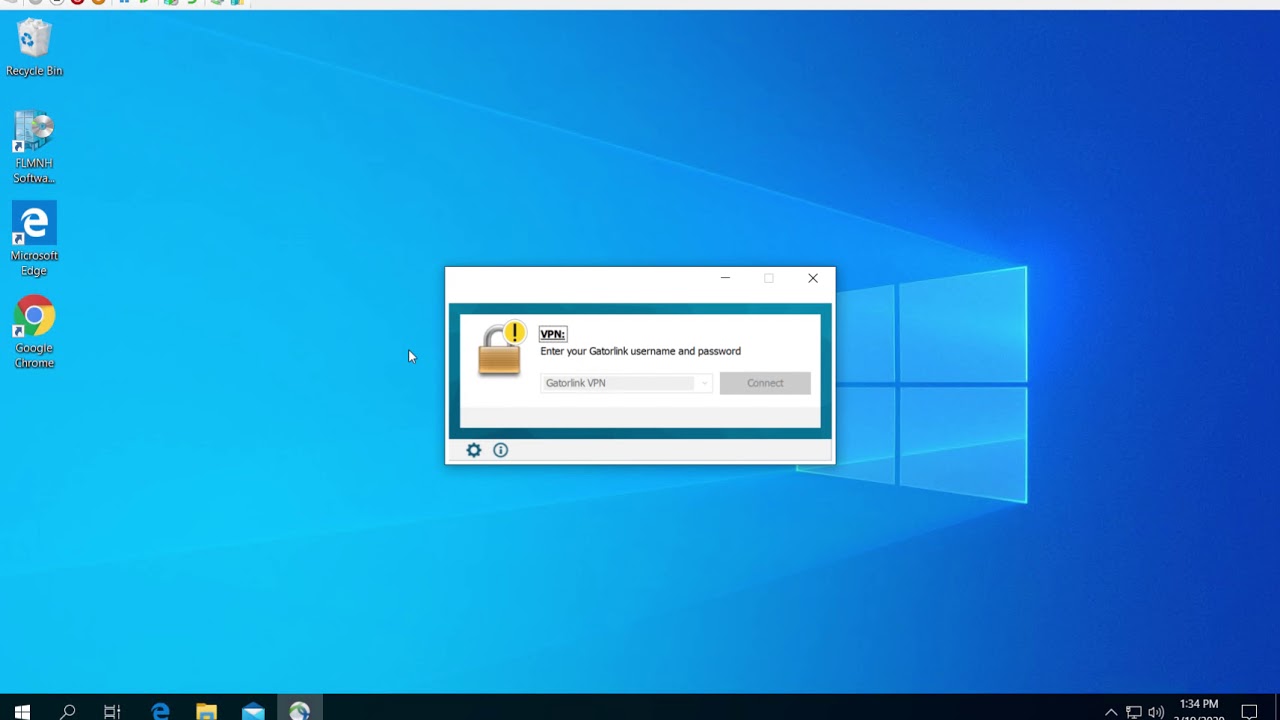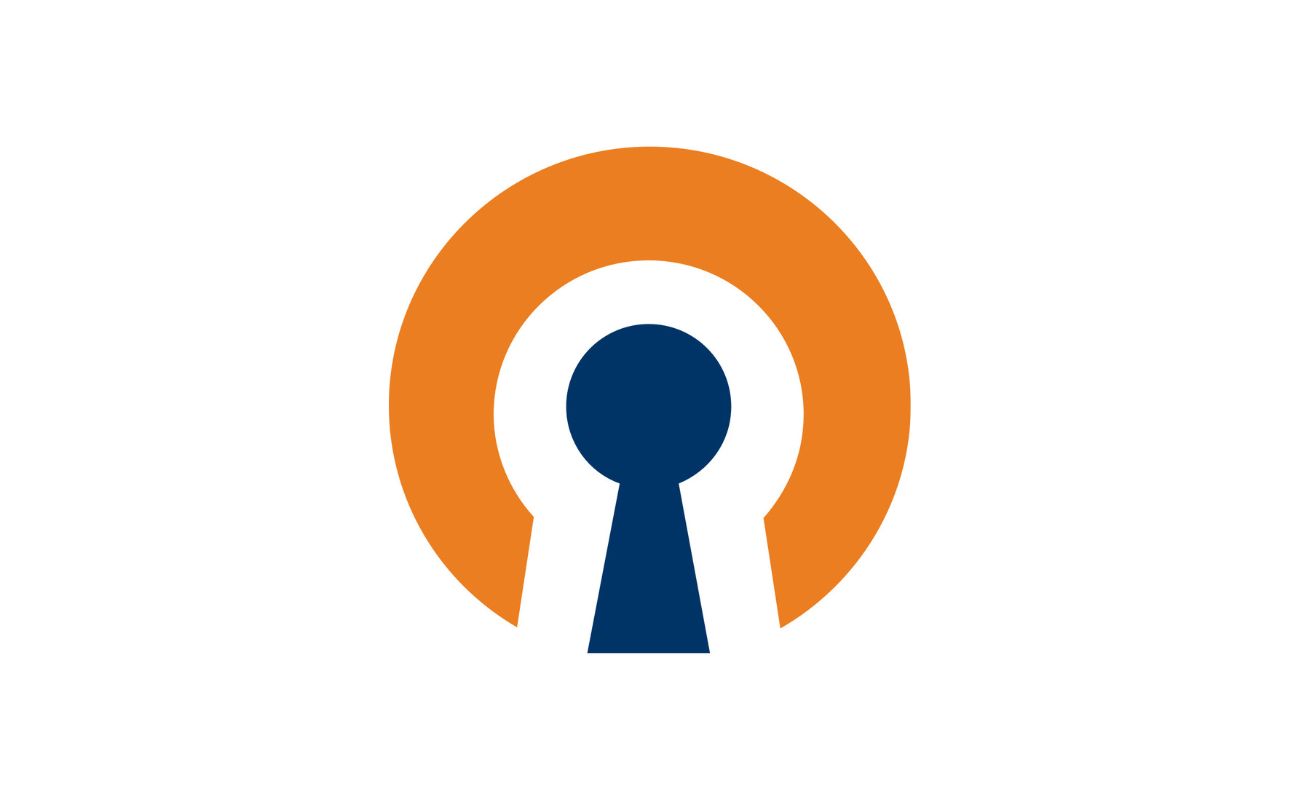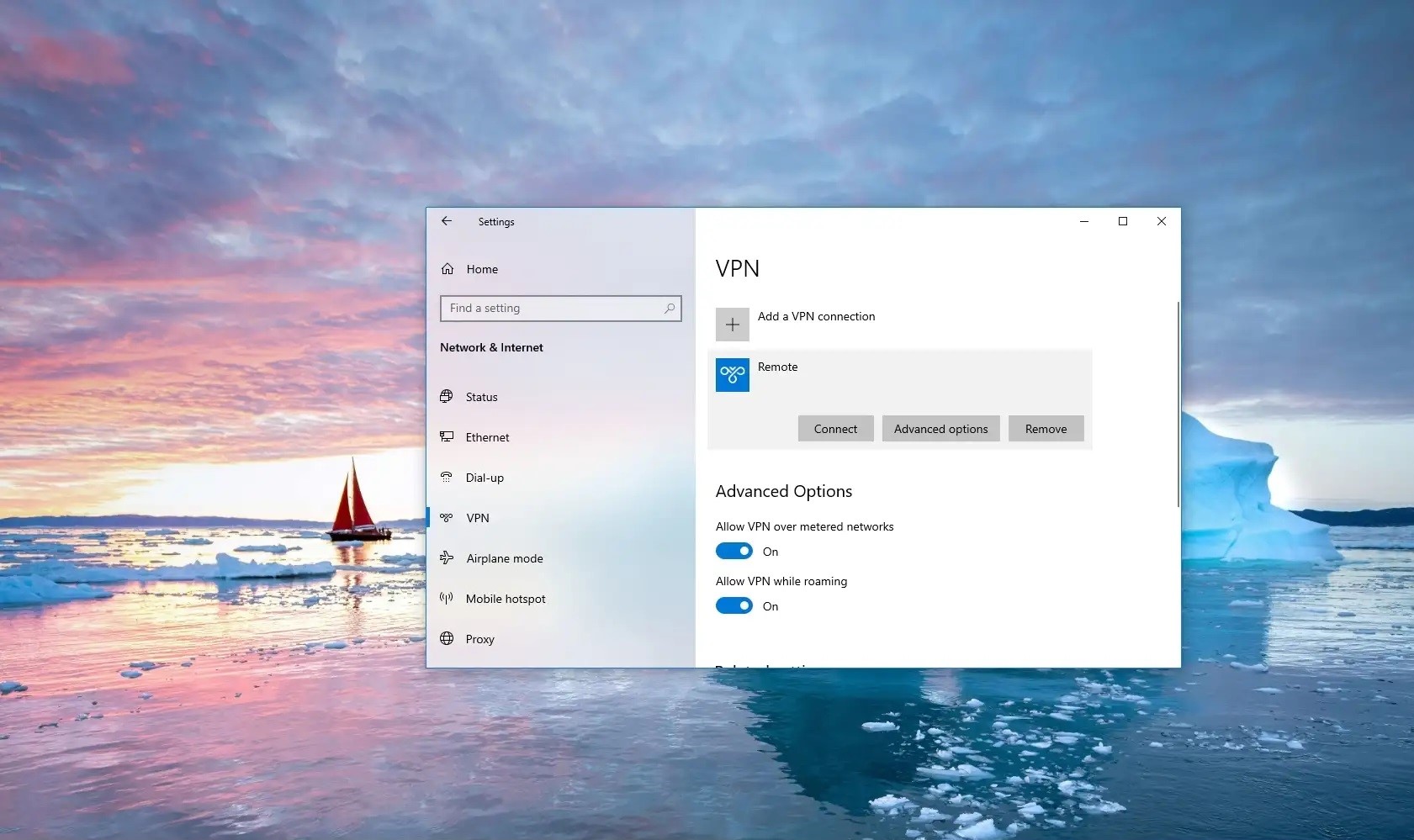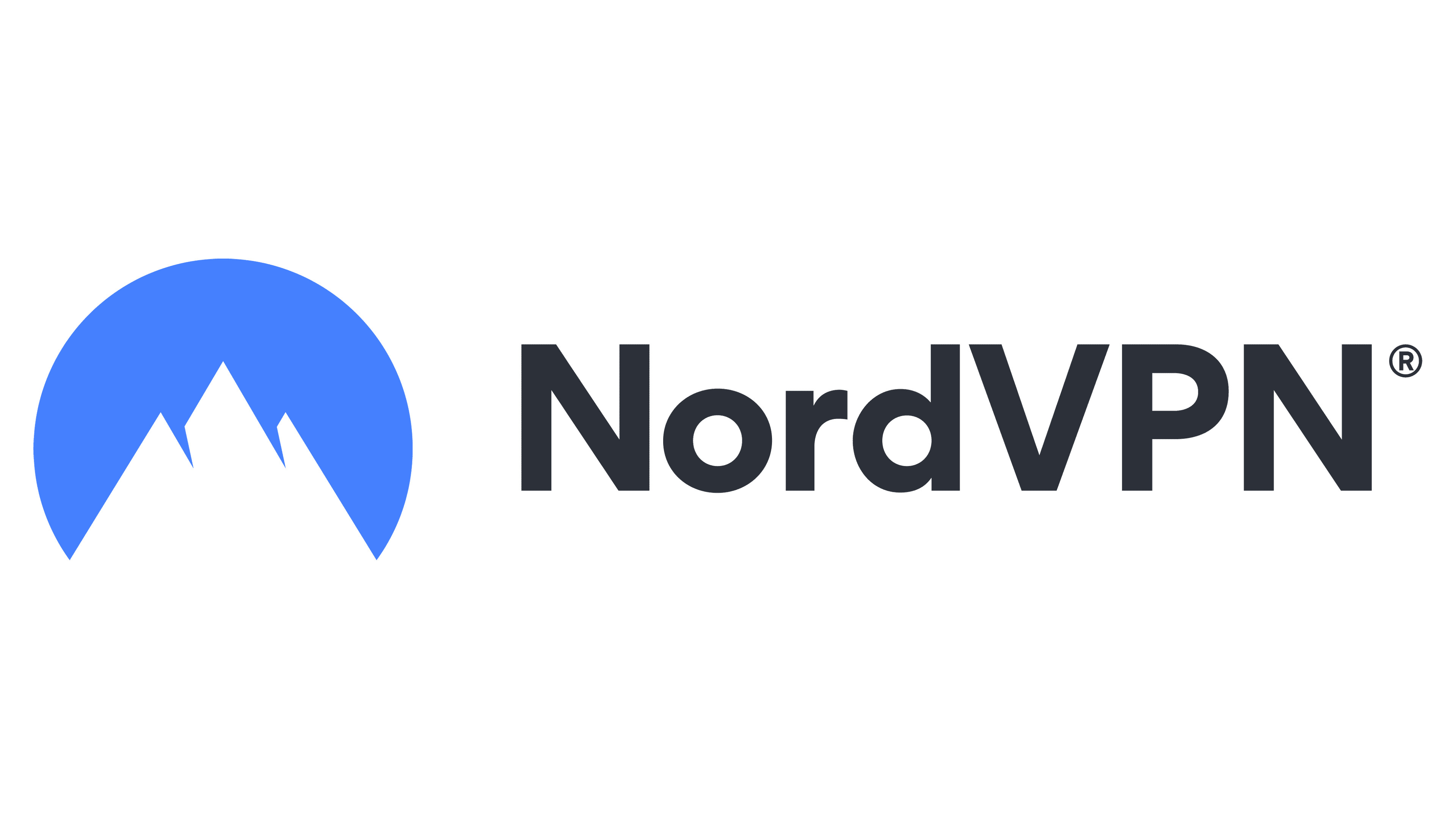Home>Software and Apps>Exploring Google’s VPN: A Comprehensive Tech Blog


Software and Apps
Exploring Google’s VPN: A Comprehensive Tech Blog
Modified: September 5, 2024
Explore the latest in software and apps with our comprehensive tech blog, featuring an in-depth look at Google's VPN and other cutting-edge technologies. Unlock the potential of your digital experience today!
(Many of the links in this article redirect to a specific reviewed product. Your purchase of these products through affiliate links helps to generate commission for Techsplurge.com, at no extra cost. Learn more)
Table of Contents
Introduction to Google's VPN
Google, a leading technology company, has ventured into the VPN market, offering users enhanced security and privacy. This service provides an additional layer of protection when browsing the internet.
What is Google's VPN?
Google's VPN encrypts internet traffic and masks IP addresses by routing connections through its servers. This process hides real IP addresses and encrypts data, making it difficult for third parties to intercept or monitor online activities.
Key Features of Google's VPN
- Encryption: Utilizes robust encryption protocols to secure data, ensuring intercepted data remains unreadable without the decryption key.
- IP Address Masking: Routes internet traffic through Google’s servers, making it harder for websites and services to track locations.
- Server Locations: Offers servers in various global locations, allowing users to choose geographically closer servers for potentially improved connection speeds.
- Cross-Platform Compatibility: Available on Android, iOS, Windows, and macOS, ensuring benefits across different devices.
- Automatic Connection: Can be set to connect automatically when starting a device or accessing certain websites, providing added security without manual intervention.
- No Data Caps: Unlike some VPN services, Google’s VPN does not impose data caps, allowing unlimited usage.
- Integration with Google Services: Seamlessly integrates with other Google products like Chrome and Drive, enhancing the overall user experience.
How Google's VPN Works
Understanding the functionality and potential limitations of Google's VPN is crucial.
Subscription and Setup
To use Google's VPN, subscribe to the service and download the VPN app on your device.
Connection Process
Once installed, the app connects to Google’s servers using encryption protocols such as AES-256-GCM, ensuring secure data transmission.
IP Address Masking
When connected, the device’s IP address is masked by the VPN server’s IP address, making it appear as though the internet is being accessed from a different location.
Traffic Routing
All internet traffic is routed through Google’s servers before reaching its final destination, encrypting data and hiding the real IP address from third parties.
Disconnecting
Upon disconnecting, the device reverts to its original IP address and internet settings.
Read more: Tech Blog: Exploring the World of Subtitles
Benefits of Using Google’s VPN
Using Google’s VPN offers several advantages:
- Enhanced Security: Encrypts internet traffic, protecting against eavesdropping and interception, especially on public Wi-Fi networks.
- Improved Privacy: Masks IP addresses, making it difficult for websites and services to track locations or identify users.
- Access to Geo-Restricted Content: Bypasses geographical restrictions, allowing access to otherwise unavailable content.
- Protection Against Data Throttling: Helps circumvent ISP throttling by routing traffic through servers that do not discriminate against specific data types.
- Compliance with Regulations: Ensures compliance with regional regulations for activities like accessing government services or online banking.
Comparison with Other VPN Services
Google’s VPN is compared to popular services like ExpressVPN, NordVPN, and ProtonVPN.
ExpressVPN
- Speed: Known for fast speeds, crucial for streaming and high-bandwidth activities.
- Server Locations: Servers in over 90 countries.
- Security Features: Offers advanced features like split tunneling and a kill switch.
- Price: Generally more expensive but includes a 30-day money-back guarantee.
NordVPN
- Security Features: Renowned for robust security features including double encryption and a strict no-logs policy.
- Server Locations: Servers in over 60 countries.
- Speed: Competitive speeds, though not always as fast as ExpressVPN.
- Price: Priced similarly to Google’s VPN but offers more advanced security features.
Read more: Slow VPN: A Tech Blog
ProtonVPN
- Security Features: Built by the team behind ProtonMail, focusing strongly on security and privacy.
- Server Locations: Servers in over 50 countries.
- Speed: Generally slower than ExpressVPN but faster than some free VPNs.
- Price: Offers both free and paid plans with varying features and speeds.
Limitations of Google’s VPN
While beneficial, Google’s VPN has some limitations:
- Limited Server Locations: Fewer server locations compared to some other VPN services, potentially limiting access to specific regions.
- No Customizable Protocols: Does not allow users to choose specific encryption protocols, which could be a drawback for advanced users.
- No Kill Switch: Lacks a kill switch feature, which could leave data vulnerable if the connection drops.
- Integration with Google Services: While enhancing user experience, this integration might raise concerns about activity tracking by Google.
Additional Tips for Using Google’s VPN
- Regularly Update Your App: Ensure the VPN app is regularly updated to receive the latest security patches and features.
- Use Strong Passwords: Employ strong passwords for the VPN account to prevent unauthorized access.
- Monitor Data Usage: Keep an eye on data usage to avoid potential issues related to data caps or throttling.
- Choose the Right Server Location: Selecting an appropriate server location can significantly impact browsing speed and accessibility of geo-restricted content.
- Be Aware of Logging Policies: Understand the logging policies of the chosen VPN provider to ensure they align with privacy expectations.
By following these tips and understanding how Google’s VPN works, users can maximize its benefits while minimizing potential drawbacks. Staying informed about the latest developments in cybersecurity solutions like VPNs helps protect digital footprints effectively.

